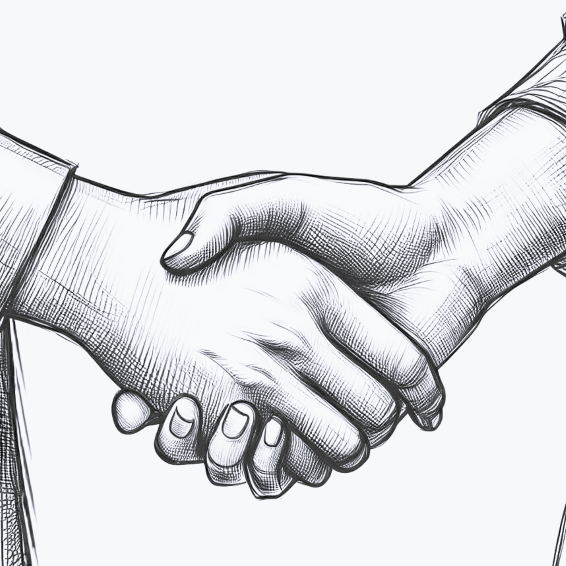Workplace mediation
Facilitation of open conversations that allow two people to find an agreeable path forward.
A calm and objective presence for when tensions are high.

What is mediation?
Mediation is an informal process of conflict resolution that is not legally binding. It is a voluntary and confidential process.
Who is this for?
Mediation is extremely effective when both parties are genuinely looking to find solutions to working well together. Mediation is most effective at the early stages of a disagreement or any communication issues. It can be equally successful when the relationship has broken down, if both parties are committed to moving forward. Mediation can be used in these situations:
There are communication issues that are building tension, and it is beginning to impact work being done. Any direct resolution attempts have failed.
There is a disagreement on one issue that is stopping work and otherwise the relationship is workable but there seems to be no way past this issue.
The working relationship has completely broken down and more formal routes are not appropriate or wanted.
How does it work?
Separate meetings between the individuals and myself
This is so that each individual can tell their story and explain what they want to achieve. It also allows them to ask any questions about the process. After meeting with both parties it will be become clear if this is a case for mediation.
Joint meeting – the mediation
The mediation will begin with an agreement about ground rules for the mediation to ensure mutual respect and a safe space to discuss the issues.
Each person tells their story and then together there is an exploration of how it would be possible to work together more successfully.
Reaching an agreement – looking forward
When an agreement is reached, I will summarise and lead the parties through how they will uphold the agreement which may include a written agreement between the two parties. It will also be discussed and agreed what will and will not be communicated about the mediation more widely. Aside from any written agreement, all other notes will be destroyed together.
N.B. If an agreement is not reached at the end of the process, then I will advice on potential options for the parties.
The worries answered
I am an ACAS trained Workplace Mediator and trained to be objective during these sessions.
Mediation is not about deciding blame. It is about understanding impacts and finding a way to more forward.
All discussions are 100% confidential and no notes will be kept by the mediator. Participants are also asked to destroy any notes they may have taken during the sessions.
The employer is not informed of any details discussed during the sessions and any outcome for communication to the wider workplace is discussed and agree by the parties as part of the process.
Mediation is a voluntary process; participants cannot be coerced into participation.
The mediator can refuse to take on or continue the mediation if they feel that the process is inappropriate or either of the participants do not want to continue.
The participants can stop the process at any time.
What ACAS says
To find out more about ACAS on mediation read here: https://www.acas.org.uk/mediation
Fee
£200 per 8hr day.
It is expected that a full mediation will take approximately 2 full days however all cases are different. Some are quicker and others take longer. It is important to allow the case the times it needs to reach conclusion otherwise the effectiveness of the process could be compromised. It requires the full support of the individual’s managers.
Reach out with any questions
Whether you are familiar with working mediators or not, it is normal to have questions. I am happy to hear from you and answer any questions that you may have. Contact me to start a discussion.
Contact me